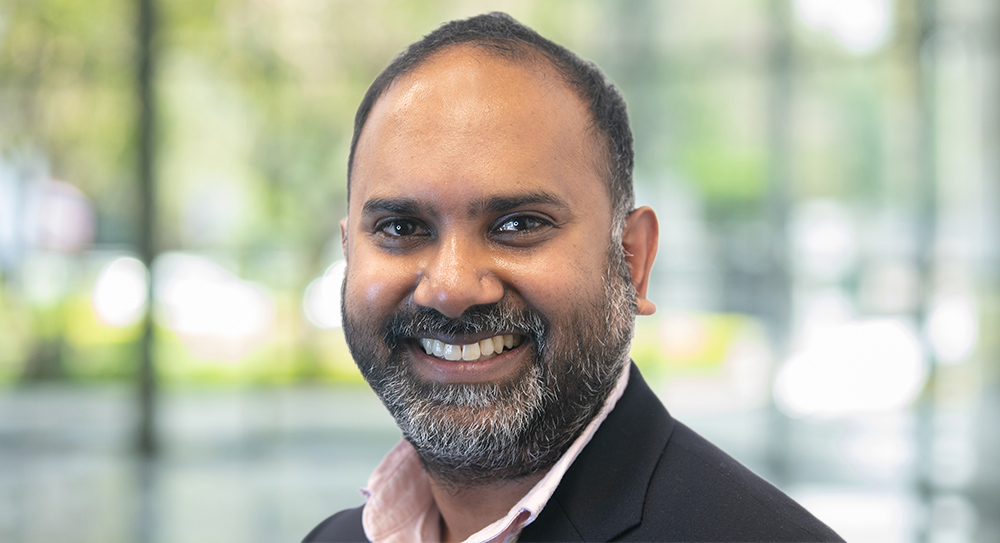5 minutes with… Frances McLeod, Forensic Risk Alliance
The Drawdown (TDD): What does the Forensic Risk Alliance do?
Frances McLeod (FM): Forensic Risk Alliance (FRA) focuses on forensic—or investigative—accounting, data governance, and compliance and risk mitigation.
Categories: OutsourcingLegal & compliance advisory






